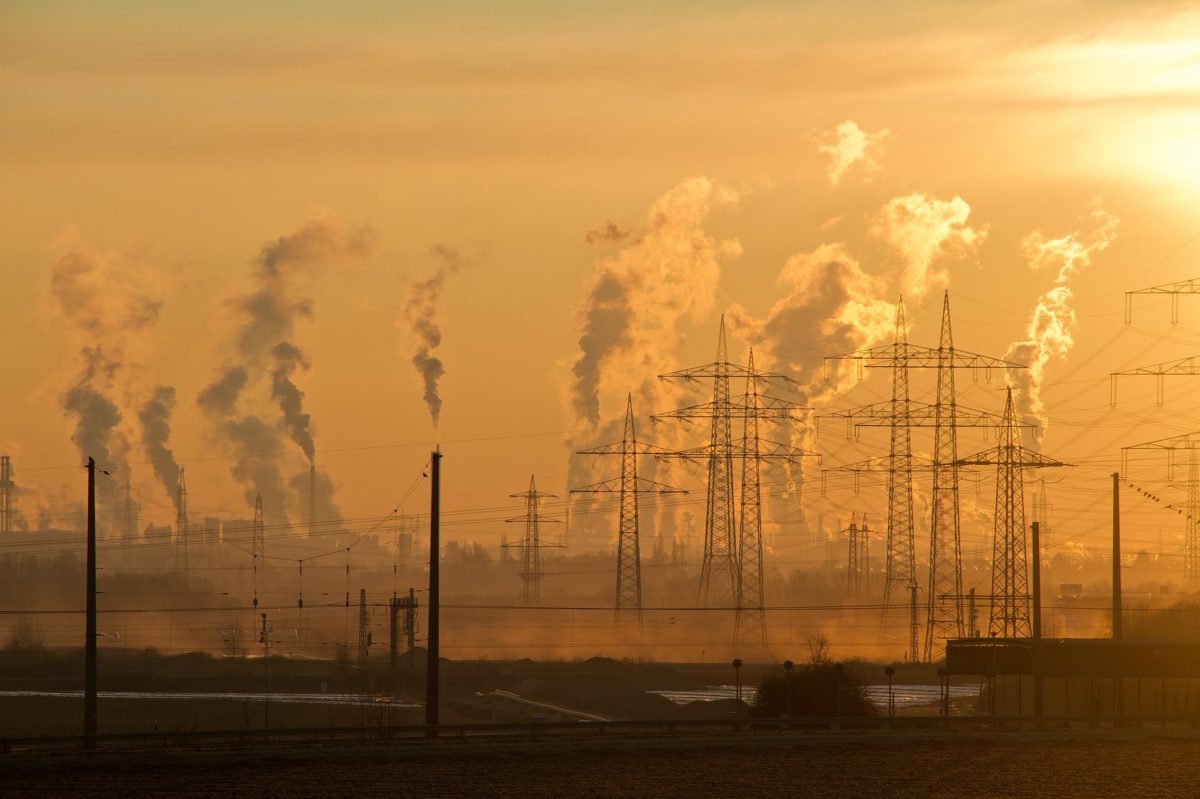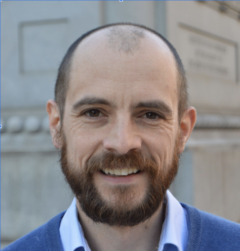
There are more than 3,400 fossil fuel-fired power plants and 900,000 active oil and gas wells in the U.S., with 12.6 million Americans living within a half mile of oil and gas facilities.
The process of burning fossil fuels releases pollutants that are known to contribute to adverse health outcomes, including the development of lung diseases, such as asthma and bronchitis, increased susceptibility to respiratory and cardiac symptoms, greater numbers of emergency room visits and hospital admissions, and premature deaths.
These adverse health outcomes disproportionately affect Black and low-income residents, who are facing the greatest risk from power-plant pollution. And yet, communities most affected by pollution and historically left out of environmental decision-making, including communities of color and working-class communities are most often the locations for fossil fuel projects.
The Environmental Integrity Project (EIP), based in Washington, D.C., is “a non-profit, nonpartisan organization that empowers communities and protects public health and the environment by investigating polluters, holding them accountable under the law, and strengthening public policy.” Given the impacts on public health and climate, their focus is placed on factory farms, oil and gas, coal, environmental justice, and the various sources of pollution impacting the Chesapeake Bay.
Founded in 2002, EIP is committed to empowering communities and protecting public health and the environment. From shutting down America’s biggest coal ash dump in West Virginia, to bringing attention to contaminated water supplies in remote south Texas, EIP engages in fights for communities facing David-vs-Goliath odds against deep-pocketed fossil-fuel companies and other polluters who may not be in compliance with federal and local regulations. State and federal agencies charged with protecting the environment have limited resources and encounter political pressure from industry.

Abel Russ is the director of the Center for Applied Environmental Science (CAES), an EIP initiative launched in 2020 that identifies, connects, and funds lawyers and other experts to advise local communities about environmental concerns. He acknowledges that “not only is it hard to find high-quality technical expertise, the cost of the experts can be prohibitive for smaller organizations and communities. We are currently funding or have completed funding expert consultants on 22 projects around the country to support the opposition of projects that the industry is trying to push through and that we believe would harm the local community.”
“EF is proud to support EIP’s work to uphold our nation’s bedrock environmental laws, and to help defend communities against corporate polluters,” says Meredith Wingate, Program Director, Fossil Energy.
CAES provides on-the-ground technical expertise, assistance, and strategic consulting to support campaigns that protect environmental health of communities long-term. CAES’s priorities include helping historically disadvantaged communities evaluate the impact of petrochemical plants and other oil and gas facilities on the quality of their air and water.
CAES helps to oppose new projects that would significantly increase pollution and demands equal protection of public health and natural resources under state and federal laws through objective, high-quality scientific analyses that can be publicly shared with benefits to local communities.
By providing communities with the legal, scientific, environmental, and technical resources they need to claim their rights under environmental laws, CAES is equipping communities with tools to protect themselves from potential polluters.
__________________
 Story author Daniel Calderon served as an Energy Foundation intern in the summer of 2021.
Story author Daniel Calderon served as an Energy Foundation intern in the summer of 2021.

